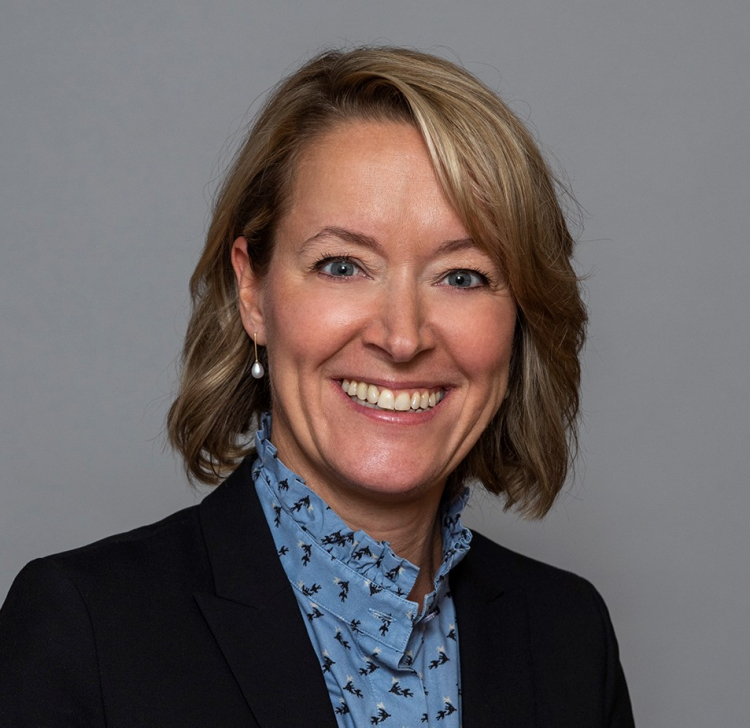“We have the opportunity to take risk forward”

The Global Risks Report 2022 from the World Economic Forum is a high-level document that doesn’t talk much about risk management or insurance. That’s a strength, Carolina Klint tells Lee Coppack.
Carolina is the official spokesperson for Marsh McLennan, one of the report’s strategic partners. She says: “Don’t just dust off the old risk register. Risk managers can take a step back and leverage the Global Risks Report to gain fresh perspectives. The pandemic means that people are open to discussion of high impact, low probability events. We have the opportunity to bring risk forward.”
A great value of the report, she believes, is the variety of opinion that it covers. It is based on the global risk perception survey, which has taken place since 2006. Nearly 1,000 business leaders, academics, chief risk officers, supranational bodies and insurers among others across the world contribute.
According to Carolina, this diversity of opinion is a great strength of the report in recognising of the complexity and interconnections of risks that we face especially longer term. “It is like a bowl of spaghetti, all tangled up,” she says. She doesn’t need to extend the simile for the consequences to be pretty clear – a bowl of spaghetti can get pretty messy.
She urges risk managers to get a variety of views from inside their organisation. “See if there are gaps in your cross-function network and maybe bring in someone who has a fresh view.” Externally, organisations such as Airmic and the Federation of European Risk Management Associations (FERMA) offer views from other risk professionals.
In the Global Risks Report, the health of the planet dominates long-term concerns, especially the potential failure of climate change action and weather catastrophes. Carolina cites two other types of risk – almost from opposite ends of familiarity – to reinforce the importance of resilience.
One is impact on supply chains which we see can occur from a variety of causes as for example, when the container ship Ever Given blocked the Suez Canal for six days in the summer of 2021. The second is space risk, a consequence of growing competition in space and our dependency on satellites for communications and hosting key infrastructure systems.
Supply chains, physical and digital, form a thread that connects many risks. according to Carolina. She believes that we now see that it’s possible to be “too lean”. We need the flexibility to adapt to disruption and an emphasis on sustainable results.
“We have to think deeply about risk so that we can properly prepare for the magnitude of future shocks. The stability and resilience of our organisations are key,” she concludes.
Carolina Klint is Risk Management Leader, Continental Europe for Marsh.
There will be an Airmic LIVE webinar on the Global Risks Report on 23 February at 12.00. More information
